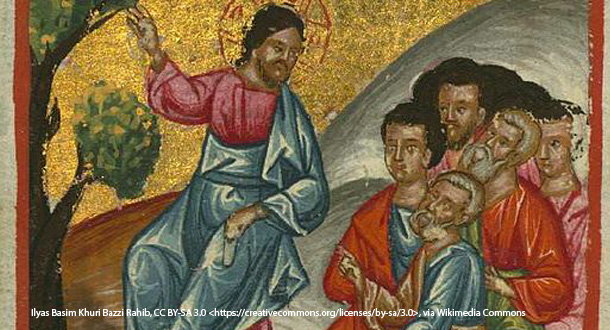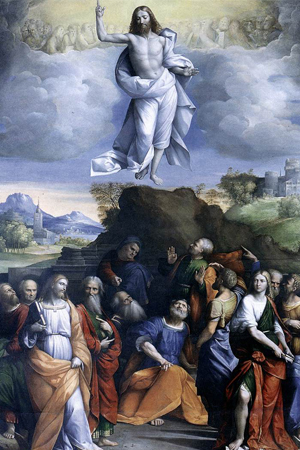
Scripture:
Reflection:
Peter began to say to Jesus,
“We have given up everything and followed you.”
~Mark 10:28
What does this mean, to “give up everything?” I hear this and I know I can’t even imagine it. I have a hard time even giving 10% of my income away–a goal I’ve had for about three years now. I inch closer. Then the kitchen sink backs up and a plumber needs to be called and that “radical trust” in Jesus takes a back seat. Ten percent? Radical?
We all likely have some area like that, our learning edge of trust in giving up. Maybe it’s not money. Maybe it’s opening your heart, letting someone in a little closer. What would you need to give up?
Maybe it’s trusting in God’s love for you. What would you need to give up?
Maybe it’s exploring “just what is this systemic racism thing all about?” What would you need to give up?
Or maybe it’s reading the encyclical Laudato Si’ and wondering: What can I do to respond to “the cry of the earth and the cry of the poor?” What would you need to give up?
Hopefully a few of these things resonate for you. But the truth is they are all things that have required me giving up something. They have required me dying to something: beliefs; fears; parts of me that I thought were who I was; and training from my parents, teachers, and formative community that I had taken on without even knowing it. And this process of giving up, of faithfully surrendering to the dying of these parts of me, is far from complete. My rewrite of this gospel verse would be something like “I am in the process of trying really hard to give up those things that are standing in the way of my fully following you, Jesus, and I need your help.”
Yet my sense is that that is enough, this guiding beacon: our wish, our commitment, our prayer to follow Jesus, trusting in his own sacrifice that it is in the giving up, in the dying, that we too will be born into new life in the Kingdom of God. Again and again.
Lissa Romell is the Administrator at St. Vincent Strambi Community in Chicago, Illinois.
Image credit: Ilyas Basim Khuri Bazzi Rahib, CC BY-SA 3.0 <https://creativecommons.org/licenses/by-sa/3.0>, via Wikimedia Commons







